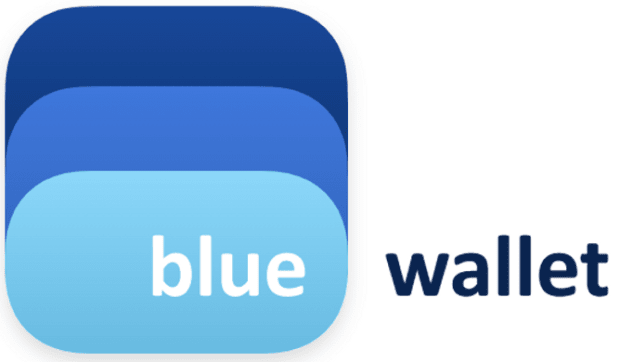Why Open Source Matters for Bitcoin

Listen To This Episode:
- Apple
- Spotify
- Libsyn
- Overcast
In this episode of “The Van Wirdum Sjorsnado,” hosts Aaron van Wirdum and Sjors Provoost discussed why it matters that Bitcoin software is open source and why even open-source software doesn’t necessarily solve all software-specific trust issues.
In theory, the fact that most Bitcoin nodes, wallets and applications are open source should ensure that developers can’t include malicious code in the programs: anyone can inspect the source code for malware. In practice, however, the number of people with enough expertise to do this is limited, while the reliance of some Bitcoin projects on external code libraries (“dependencies”) makes it even harder.
Furthermore, even if the open-source code is sound, this doesn’t guarantee that the binaries (computer code) really correspond with the open-source code. Van Wirdum and Provoost explain how this risk is largely mitigated in Bitcoin through a process called Gitian building, where several Bitcoin Core developers sign the binaries if, and only if, they all produced the exact same binaries from the same source code. This requires special compiler software.
Finally, the hosts discuss Guix, a relatively new project that goes above and beyond the Gitian process to minimize the level of trust required to turn source code into binaries — including trust in the compiler itself.
The post Why Open Source Matters for Bitcoin appeared first on Bitcoin Magazine.









